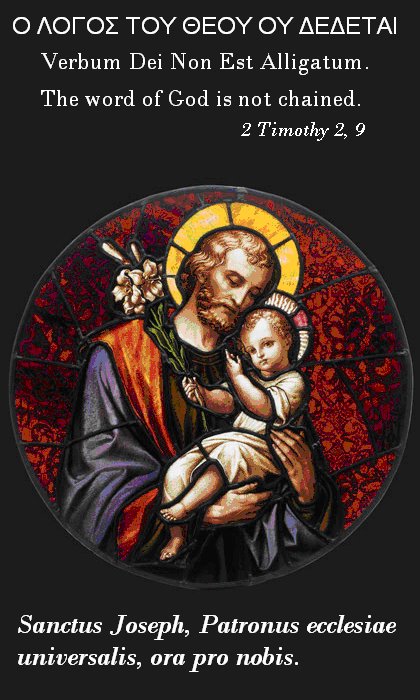Over at The Catholic Thing (www.thecatholicthing.org), James Schall makes the following remark: "No students are more surprised than those who come across Chesterton for the first time. No one ever told them before that the very purpose of the mind is to make dogmas, to state the truth. Generally, they have been told that the mind exists because there is no truth, that truth is 'dangerous'. And I suppose it is in a way."
I just finished reading "The Catholic Church and Conversion", by G.K. Chesterton. If you've ever wondered where GKC's famous line about the Catholic Church being "the only thing which saves a man from the degrading slavery of being a child of his age" comes from, it's the first sentence of Chapter 5 of this book. Here's a rather lengthy quote from near the end:
"... let the convert, or still more the semi-convert, face any one fact that does seem to him to deface the Catholic scheme as a falsehood; and if he faces it long enough he will probably find that it is the greatest truth of all. I have found this myself in that extreme logic of free will which is found in the fallen angels and the possibility of perdition. Such things are altogether beyond my imagination, but the lines of logic go out toward them in my reason. Indeed, I can undertake to justify the whole Catholic theology, if I be granted to start with the supreme sacredness and value of two things: Reason and Liberty. It is an illuminating comment on current anti-Catholic talk that they are the two things which most people imagine to be forbidden to Catholics.
"But the best way of putting what I mean is to repeat what I have already said, in connection with the satisfying scope of Catholic universality. I cannot picture these theological ultimates and I have not the authority or learning to define them. But I still put the matter to myself thus: Supposing I were so miserable as to lose the Faith, could I go back to that cheap charity and crude optimism which says that every sin is a blunder, that evil cannot conquer or does not even exist? I could no more go back to those cushioned chapels than a man who has regained his sanity would willingly go back to a padded cell. I might cease to believe in a God of any kind; but I could not cease to think that a God who had made men and angels free was finer than one who coerced them into comfort. I might cease to believe in a future life of any kind; but I could not cease to think it was a finer doctrine that we choose and make our future life than that it is fitted out for us like an hotel and we are taken there in a celestial omnibus as compulsory as a Black Maria. I know that Catholicism is too large for me, and I have not yet explored its beautiful or terrible truths. But I know that Universalism is too small for me; and I could not creep back into that dull safety, who have looked on the dizzy vision of liberty."
Friday, October 9, 2009
Subscribe to:
Post Comments (Atom)

No comments:
Post a Comment